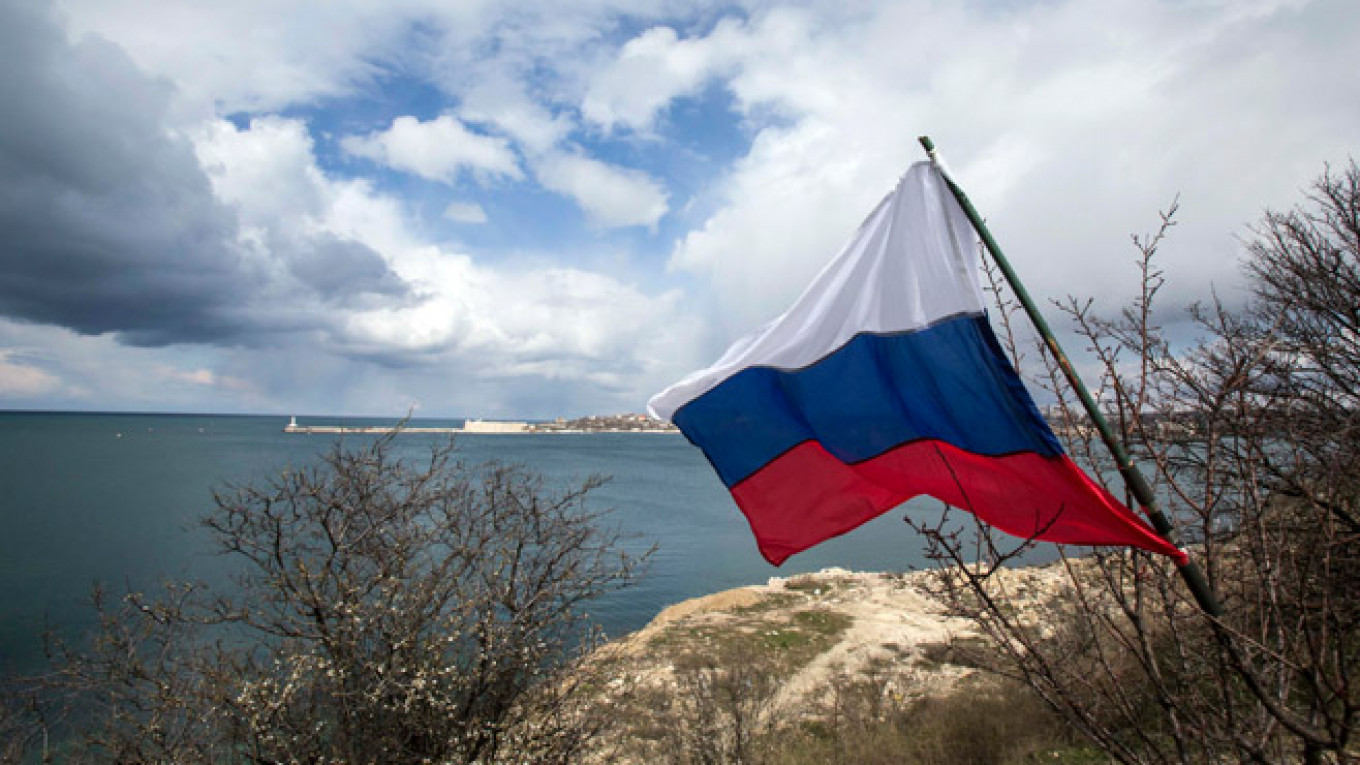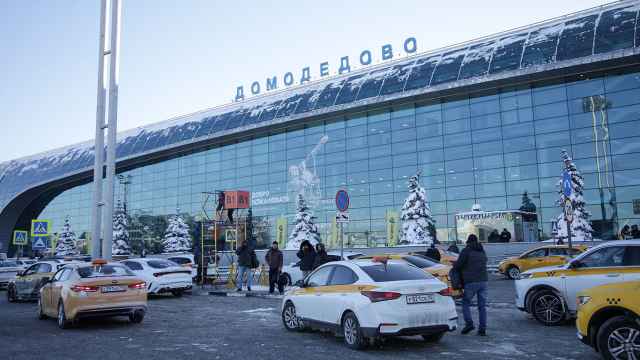On March 18, Russia celebrated the first anniversary of its reunification with (or the annexation of) Crimea. The previously jubilant Russian media is now more concerned with Crimean problems and focuses on the difficulties the peninsula faces as a result of joining the Russian Federation. So what conclusions can we draw a year after the annexation of Crimea?
The peninsula has joined the Russian Federation for good. Whoever becomes Russia's next president will not relinquish Crimea. If Crimea became a part of Ukraine again, the next logical steps would be returning Abkhazia and South Ossetia to Georgia and giving the self-proclaimed republic of Transdnestr back to Moldova.
This seems like an impossible scenario. Therefore, Russia's adversaries will be forced to recognize the de facto annexation of Crimea.
From an economic standpoint, Russia gained nothing by annexing Crimea. Russia does not need Crimea. Russia did not even need the city of Sevastopol since a new naval base is already being built in Novorossiysk. Acquiring Crimea has put an additional strain on the modest government budget. It will take a while to integrate Crimea with mainland Russia.
New transportation, utility, and financial infrastructure has to be developed at a cost of trillions of rubles. In a similar fashion, Moscow has now been paying for Chechen stability and reconstruction for more than a decade.
As the post-annexation euphoria dies down, Crimean residents will start feeling the full brunt of Russia's problems — the inflation, the unstoppable corruption, the abuse of power, etc. Crimea cannot remain an oasis of contentment in the midst of the country's stagnation. It will be impossible to modernize the region's vitally important tourism industry within a short period of time. And even if it were, the industry will have to compete with resorts in Egypt, Turkey and, to an extent, Sochi.
Therefore, the elation about joining Russia will soon be tinged with disappointment. Dashed hopes are bound to engender social and political discontent. On top of that, ethnic relations on the peninsula remain tense: 70 to 90 percent of Crimean Tatars (230,000 people or 12 percent of the population) voted against joining Russia.
There is an obvious political impact of the Crimean annexation. The move brought Russia international sanctions and increasing isolation, which have had an increasingly negative effect on its economy in the last 12 months. It appears that the Russian ruling class did not expect the consequences to be so serious.
The ruling class has used Crimea as a tool for consolidating the people around the Kremlin. However, the "Crimea factor" is not likely to play this role for long. Public opinion polls already indicate that Crimea is losing its exceptionalism in the eyes of most Russians.
Russians are just now beginning to realize that the annexation of Crimea has brought them no benefits apart from the pride of living in a country that the rest of the world fears.
Despite the propaganda offensive, the Ukraine conflict no longer attracts as much support as it did before. Sympathy for Ukrainian refugees has also diminished — local authorities proved unprepared for the influx of newcomers, and the local residents have not been eager to welcome them either.
Russia's problems with Crimea and Crimea's problems with Russia will only continue to grow. We will see the effects of this in a year during the celebration of the second anniversary of the reunification. But next time, we can definitely expect less fanfare.
Alexei Malashenko is an analyst specializing in religion and security issues at the Carnegie Moscow Center. This article originally appeared on Carnegie's Eurasia Outlook blog.
A Message from The Moscow Times:
Dear readers,
We are facing unprecedented challenges. Russia's Prosecutor General's Office has designated The Moscow Times as an "undesirable" organization, criminalizing our work and putting our staff at risk of prosecution. This follows our earlier unjust labeling as a "foreign agent."
These actions are direct attempts to silence independent journalism in Russia. The authorities claim our work "discredits the decisions of the Russian leadership." We see things differently: we strive to provide accurate, unbiased reporting on Russia.
We, the journalists of The Moscow Times, refuse to be silenced. But to continue our work, we need your help.
Your support, no matter how small, makes a world of difference. If you can, please support us monthly starting from just $2. It's quick to set up, and every contribution makes a significant impact.
By supporting The Moscow Times, you're defending open, independent journalism in the face of repression. Thank you for standing with us.
Remind me later.






